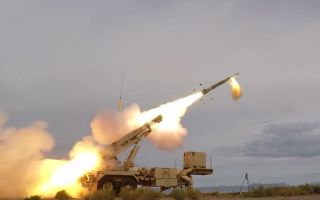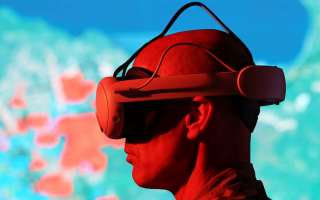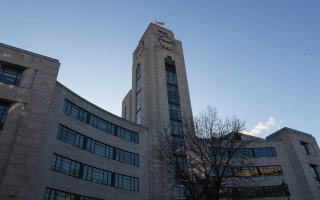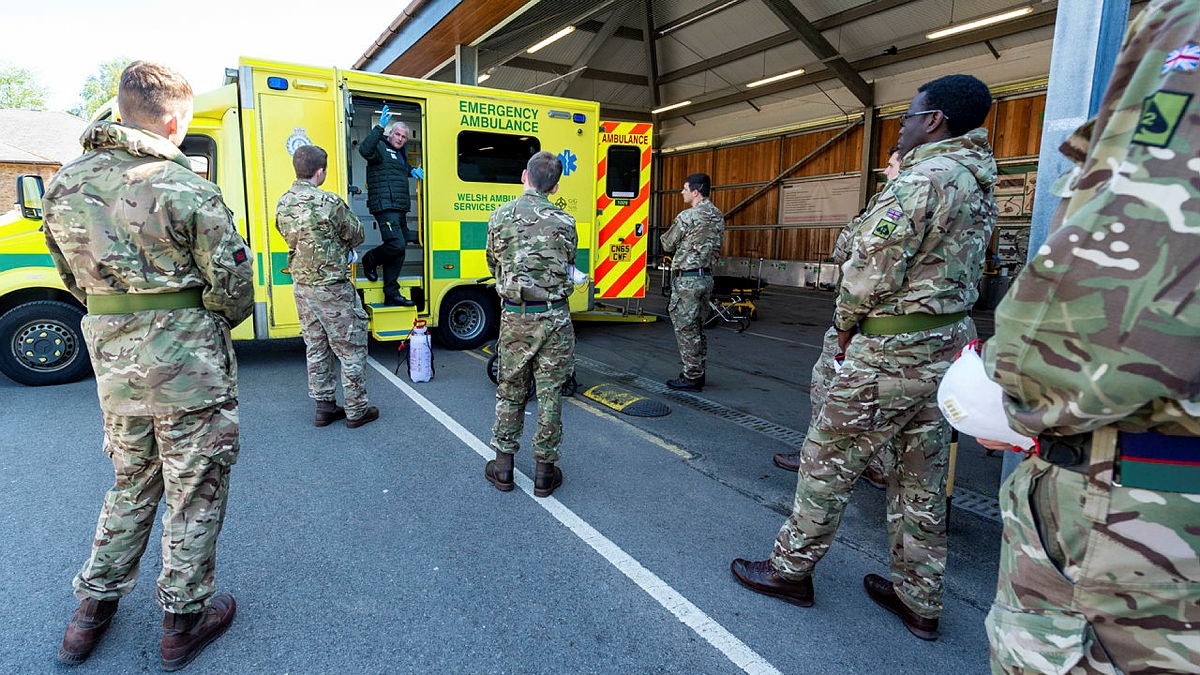
Military personnel begin ambulance strike cover as most trusts declare critical incidents

Members of the Armed Forces are now standing in place for ambulance drivers, who are taking part in widespread industrial action in a dispute over pay and working conditions.
About 750 members of the Royal Navy, Army and the RAF have been drafted in from across the country to help during these walkouts, some of whom will have never driven emergency vehicles in a real life situation.
The Government has confirmed that strike cover is being fulfilled by full-time military personnel and they will be limited to providing non-emergency transport for patients.
This comes as most ambulance trusts in England have declared critical incidents.
The majority have declared so-called critical incidents, with many trusts stating that they were facing huge pressure prior to strikes began.
Almost all of the ambulance trusts in England are at such a level of disruption that the environment might not be considered safe and patients might face harm.
The military has been preparing and have carried out two days of training at Wellington Barracks in London, where they received instruction on how to drive ambulances safely and how to operate patient lifting equipment.
Personnel covering for striking ambulance workers will not be allowed to break the road speed limit, jump red lights at pedestrian crossings or turn on vehicle blue lights when driving patients to the hospital.
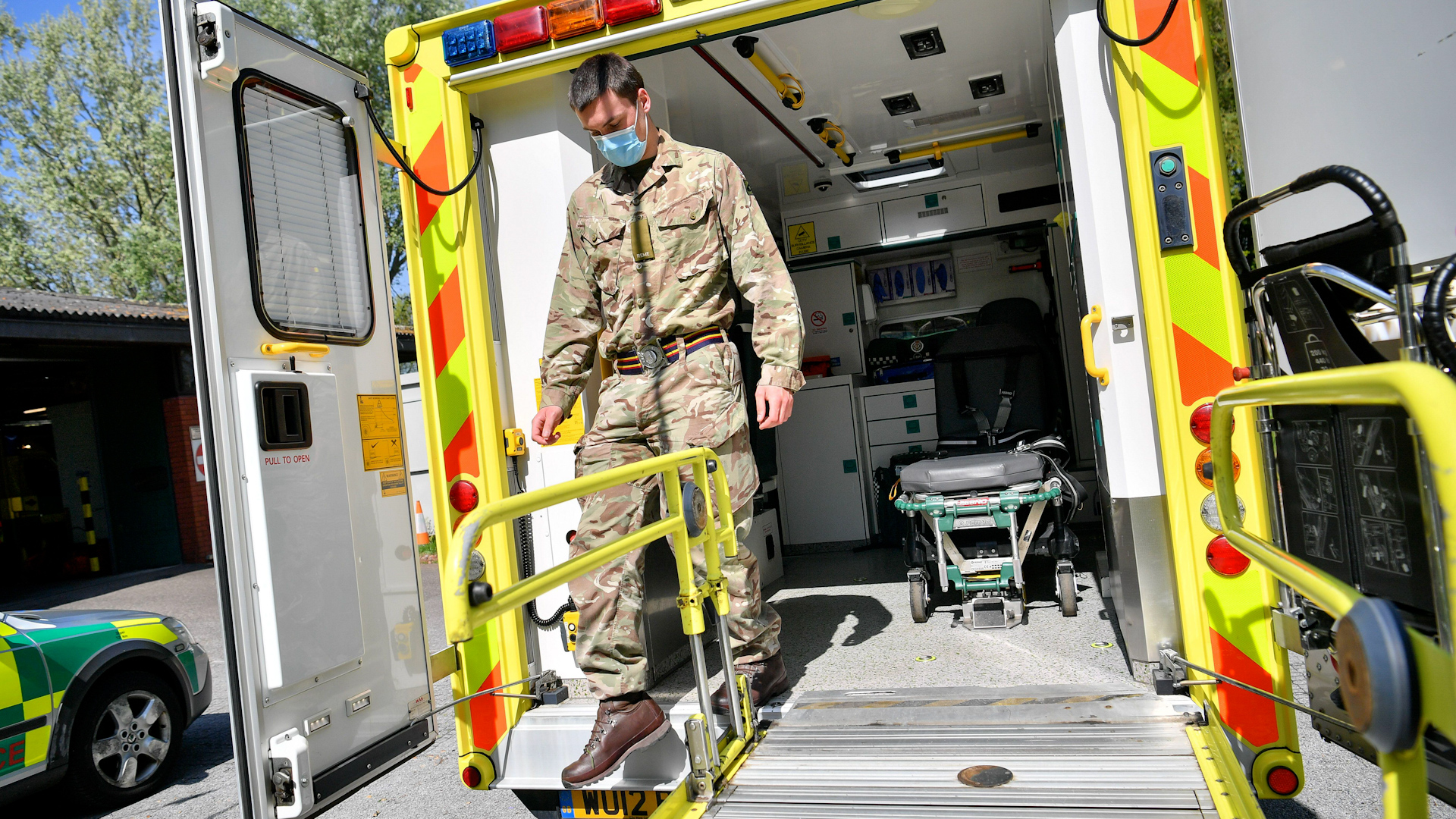
Lieutenant Colonel James Shaw, Brigade Major of the Household Division, who oversaw the training for the task at Wellington Barracks in London, speaking ahead of today's strike, said: "I think there'll be a few nerves going out tomorrow – it's a really important task and I think we're incredibly proud."
He added that all personnel being drafted in will have a category C driving licence, meaning they will be familiar with driving vehicles such as ambulances and they will have recieved extensive annual medical training.
Members of the Armed Forces who took part in the training at the barracks said they were "nervous" but "honoured" to cover for ambulance workers, despite having to sacrifice time off.
Asked how he felt about being drafted in during the holiday, Lance Corporal Connor Roberts said: "I'm absolutely fine. I think it's something that we're used to, giving up our time to various things, so it's an honour to come down and help the London Ambulance Service (LAS)."
He added: "I think it’s normal to be a little bit nervous but feeling quite honoured to come down and do my part."
Sapper Terry Obeng said: "I'm all right, it's better saving lives (than celebrating Christmas)."
However, the combat engineer said that responding to civilian incidents would "definitely make a difference" from the work with which he is familiar.
He said: "Definitely it's going to make a difference, but that’s why we are here today, to train, so it won't be that much of a surprise for us."
He added: "An injured civilian is not an injured soldier. An injured soldier knows he is going to get injured. A civilian doesn't know."
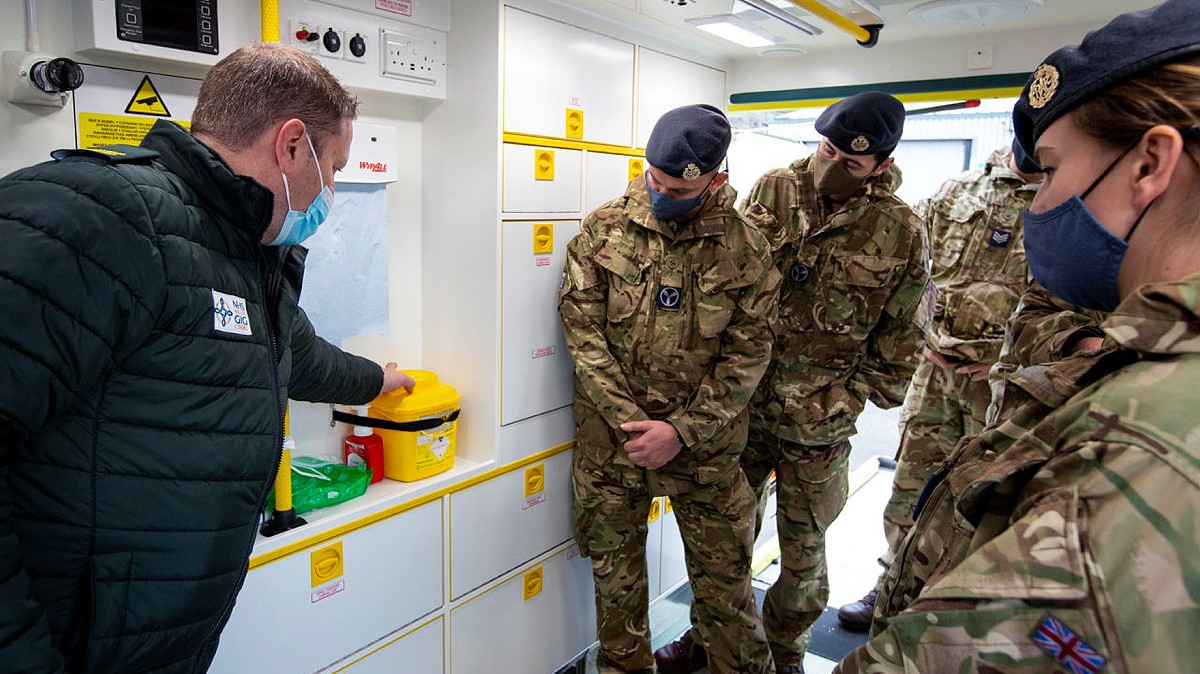
Both men were among members of the Armed Forces who had not been behind the wheel of an ambulance prior to carrying out their two days training.
Although strikes are set to last for 24 hours, NHS bosses are warning the public that it may take longer for services to return to normal.





